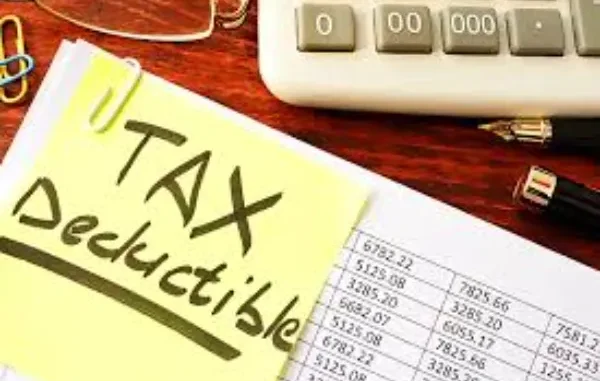
Property taxes can become a significant financial commitment for property owners. These taxes fund public needs, yet errors in assessment or oversight in documentation can inflate costs beyond fair amounts. Understanding how these issues occur helps individuals remain better informed about the tax process.
A property tax specialist can assist in reviewing assessments, exemptions, and filings to uncover potential savings. Still, each property owner benefits from knowing the common causes that push bills upward. The following sections provide a closer look at recurring reasons that lead to higher tax payments.
Incorrect Property Assessments
Tax assessments rely on property records that may not reflect current conditions. Incorrect measurements, misplaced details, or overlooked updates can result in valuations above the true property value. Once entered into the system, these records influence annual bills.
Reviewing records ensures that square footage, structural updates, and land data are accurate. If details are incorrect, property owners can request adjustments that align values with the actual state of the property. Addressing mistakes directly helps prevent future cost increases.
Unclaimed Exemptions
Property owners may qualify for tax exemptions that reduce their bills. These exemptions are based on specific criteria and usually require a formal application. Without filing, potential reductions remain unused.
Available exemptions vary but can include:
- Primary residence status
- Veteran eligibility
- Senior property ownership
Missed Appeal Opportunities
Assessment notices arrive before taxes are finalized, allowing time for appeals. Some property owners never use this right, which leaves incorrect valuations unchallenged. An appeal can introduce new evidence that demonstrates a more accurate property value.
Filing an appeal does not guarantee a change, but it provides an opportunity to present facts directly. Records such as appraisals or photographs support a more balanced outcome. Using the process as intended ensures the assessment has proper oversight.
Unreported Property Adjustments
Changes that reduce property value must be documented to update assessments. Damage, partial removal of structures, or other modifications may alter the true market worth. If not reported, the tax bill reflects outdated conditions.
Maintaining current records with the assessor’s office ensures values stay relevant. Any physical or functional reduction in property size or quality should be reported quickly. This direct approach helps keep bills consistent with actual property conditions.
Limited Awareness of Local Rules
Each taxing authority sets rules that guide exemptions, deadlines, and appeal processes. Without awareness, property owners might miss key steps that influence their bills. Rules differ across regions, and specific requirements apply to each area.
Learning the framework in detail allows property owners to act within the correct timelines. Submitting paperwork correctly and on time reduces the chance of higher tax bills. Staying current with rule changes ensures fewer surprises during each billing cycle.
Professional Support for Property Tax Matters
Specialized services focus on reviewing property assessments, identifying errors, and filing appeals when necessary. These services also assist with exemption applications and ensure that documentation aligns with local requirements. Clear guidance through each stage helps property owners avoid unnecessary costs.
Working with experienced professionals provides structure and clarity throughout the process. They evaluate records, prepare evidence, and handle communication with assessors. This support allows property owners to stay informed while reducing the risk of paying more than required.
A property tax specialist provides valuable guidance on assessments, exemptions, and appeals. Property owners who review assessments, claim available exemptions, file appeals when needed, report changes, and remain informed about rules create better control over their taxes.

Leave a Reply